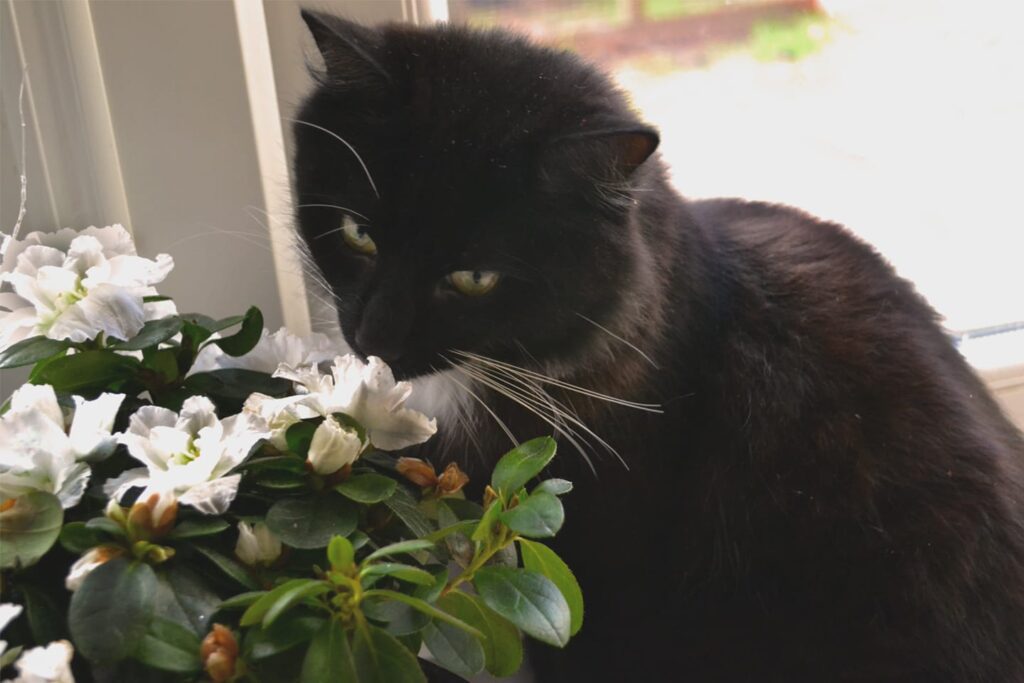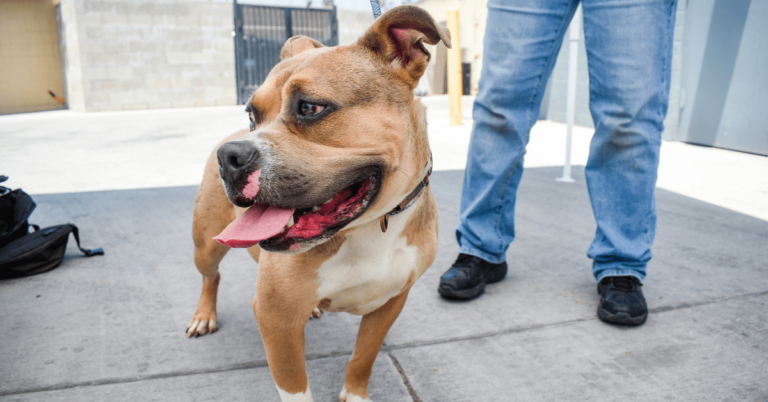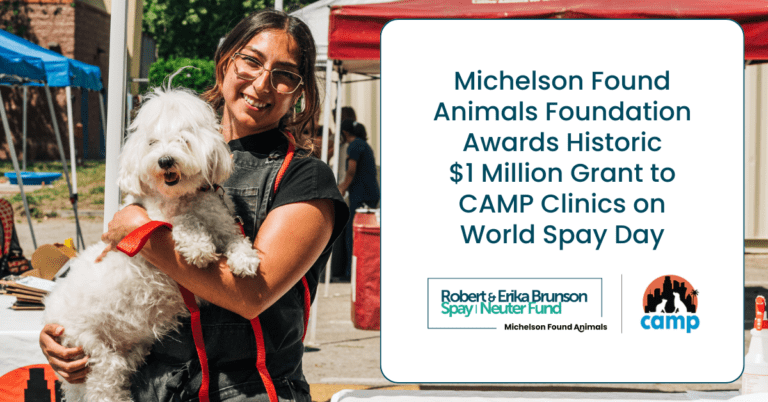Poison Prevention for Pets

Poison = bad… unless it’s 1988, and you’re listening to an amazing hair metal band. It’s pet poison prevention week, and while we’re well aware of poisonous things we shouldn’t eat or touch, our pets don’t always play by the rules. Every year, there are thousands of cases of pet poisoning in the US, and a lot of the time, it’s caused by things you may not expect. Here’s a quick refresher on some major groups of poisons to keep out of reach of your fur kids.
People Food
While the most dangerous thing about some foods for us may be a little extra pudge around the middle, for our pets, it can be a lot worse. Some of our favorite treats, like chocolate, avocado, nuts, grapes and raisins, sugar-free sweets (with Xylitol as a sugar substitute), and alcohol are all poisonous to non-humans. Even seemingly healthy plants like onions and garlic can be toxins to pets, whose bio-chemistry and metabolism are different from ours. Look for vomiting, breathing problems, diarrhea, or weakness as symptoms that your kitty or pooch may have snuck a snack off of the counter.
House Plants
While they may look pretty, if Mittens or Rowlf chew on the wrong leaves, the consequences could be pretty ugly. Some common poisonous houseplants include azaleas, lilies (especially Tiger, Day, Asiatic, Easter, and Japanese Show lilies), daffodils, Sago palms, tulips, and hyacinths can cause anything from mouth irritation and drooling to severe stomach damage or death. That said, some plants that have been touted as poisonous to pets, like poinsettias, are indeed not super healthy for them, but only mildly so. Always do your research before planting something new in the garden, or bringing new greenery into the house.
Lawn and Garden Products
Many of our pets love to frolic outside, but what makes greenery thrive can have the opposite effect on other living things. While you may have assumed that some yard products like fertilizers, pesticides, and soil additives aren’t to be ingested by anyone, we might not know that a more natural solution, like compost, is also poisonous to our pets. As organic elements in compost decompose, mold often grows, which if ingested, can cause vomiting, tremors and seizures.
Household Products
This is pretty much a no-brainer, but if there’s a warning on it, keep it out of reach of people AND pets. Cleaning and other household products like bleach, paints, antifreeze and pool additives, as well as rat or other pest poisons can, of course, cause problems if ingested, and even chemical burns externally. Keep these things out of reach at all times.
Symptoms of poisoning can vary, based on the size or type of pet, and the kind of poison ingested. General symptoms can include:
- Vomiting
- Diarrhea
- Seizures
- Blood in the stool
- Lethargy
- Loss of appetite
- Bruising
- Nosebleeds
- Irregular heartbeat
- Inability to urinate
If you suspect that your pet has ingested or otherwise made contact with poisonous materials:
- Check your pet’s body and mouth to remove any remaining poisonous matter.
- Try to collect a sample of the poisonous element (including anything your pet may have thrown up).
- Call your vet immediately. It’s always a good idea to keep the number of an emergency or 24 hour veterinary doctor or hospital at the ready in case of the unexpected after hours or on weekends. When you call the vet, be ready to provide information about:
- What your pet ingested and when
- How much your pet ingested (how many tablets, package size, etc.)
- Pet’s current weight
- Pet’s known medical history, including any medications (prescriptions and supplements) the substance may interact with
- DO NOT give your pet milk, peanut butter, vegetable oil or other soothing or vomit inducing substances. Do not attempt to induce vomiting unless directed by a veterinarian. In some cases, vomiting can make the problem worse.
Flea and Tick Products
Fleas and ticks are a commonplace concern when you have pets, and we look to remedy the problem in lots of ways, from pills, collars, and topical solutions, to bringing in the exterminator for large-scale treatment. But be aware that if the fleas are dying or jumping ship, you may be using potentially poisonous chemicals. Always check the dosage to make sure that you’re not harming your pet along with the pests, and seek out green or organic treatments. There are lots of pet friendly exterminators out there who can treat your home without endangering the other inhabitants of the house.
People Medications
While the medicines you take may treat what ails you, don’t assume that what’s good for you is good for your pet. While you probably wouldn’t share your prescription anti-inflammatory, pain and blood pressure medications, or antidepressants with your pets, they could get into unsecured pill bottles. Even common over-the-counter medications such as acetaminophen (Tylenol), ibuprofen (Advil), naproxen (Aleve), as well as common herbal supplements like fish oil can affect digestive and cardiovascular systems in our pets. Yes, there are some people medications that can be taken by dogs (like some antihistamines or topical ointments), always check with your vet before opening your medicine cabinet.
Pet Medications
Just like people can overdose on drugs that were intended to heal, pets can, too. Some of the vet-prescribed solutions that are oven taken over the recommended dosage include painkillers and de-wormers. Always double check the directions for your pet’s species and weight before administering, and check with other members of your household to make sure your pets haven’t already received their daily dosage.
As the old saying goes, an ounce of prevention is worth a pound of cure. We can do our best to keep any and all of these substances out of the reach of our fur kids. But you always have to Look What the Cat Dragged In (no seriously… it’s a classic album. check it out).


